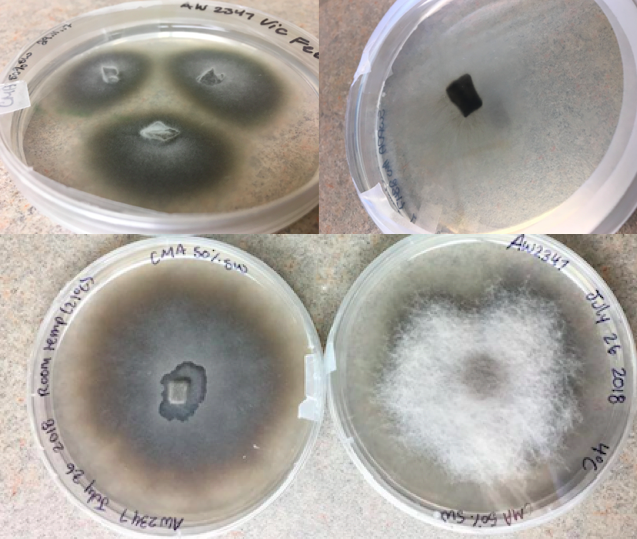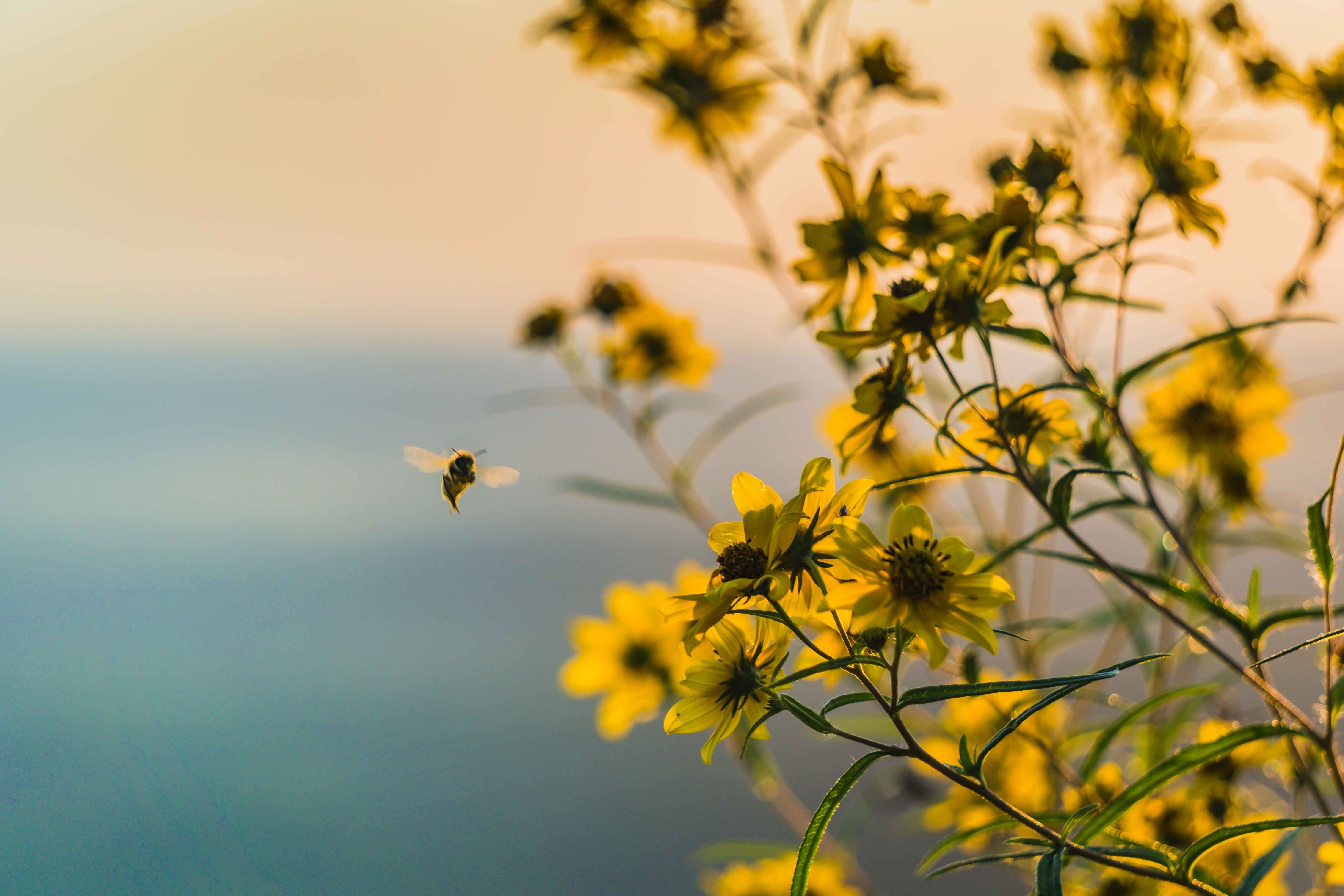Plastic pollution is a major environmental stressor for marine life and is both long-lasting and near-ubiquitous in ocean ecosystems due to anthropogenic activity. Since the 1950s, when mass production of plastic products began, plastic debris has accumulated significantly in coastal, […]
biology
Marine ecosystems are difficult areas to investigate due to their vast ranges, but as a result of technological advancements, our understanding of ocean life including understudied marine microbial diversity is constantly improving. Marine fungi contribute to nutrient cycling as they […]
Honey bees (Apis mellifera L.) are the most agriculturally beneficial eusocial insects for crop pollination. Chemical communication is critical in maintaining colony structure and activity, which may be exploited by some parasites. Varroa destructor (Anderson and Trueman) (hereafter Varroa) is […]
Although known for containing some tasty edible species, the fascinating Kingdom Fungi also play crucial ecological roles in our environment. Most notable is their role as decomposers, as they can degrade wood much more efficiently than other organisms like bacteria. […]
Acadia’s Biology Research Gong Show recently took place on October 23rd, where professors gave short PowerPoint presentations outlining their current research projects. Research gong shows are a great way for students to learn about the research being conducted within their […]
Those familiar with Nova Scotia’s seemingly endless stretches of highway are likely accustomed to the sight of roadkill. But now, Acadia Master’s candidate Stephanie White is researching a way to make our roads safer for both the animals that cross […]
Beginning with adventurous spelunkers and culminating with the discovery of a distant ancestor, the Homo naledi story is one of luck, skill, and perseverance. When Steven Tucker and Rick Hunter entered the Rising Star cave in South Africa two years […]






